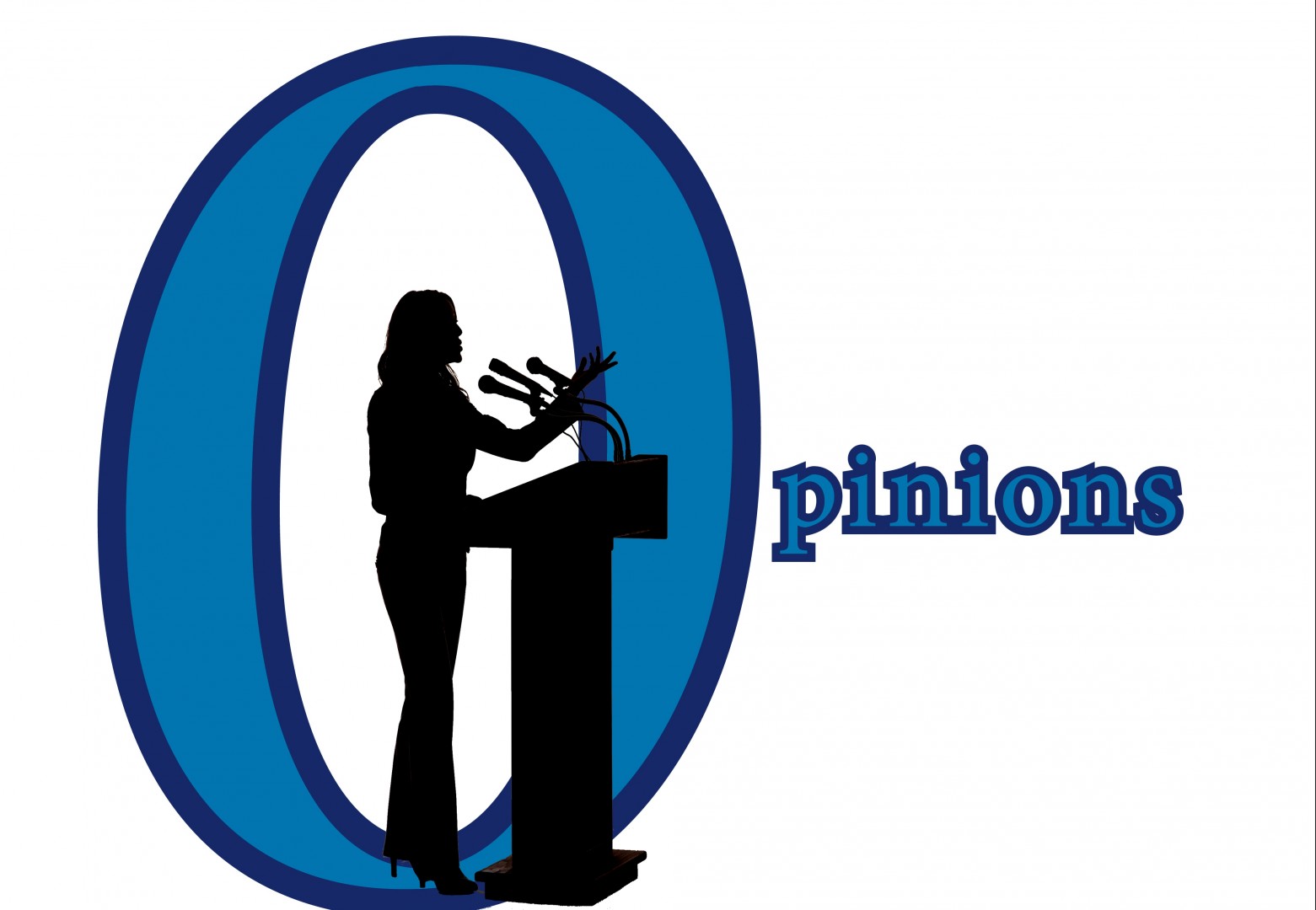I grew up in small town Texas, the smallest county in the state, where guns, like dust and cattle, were a matter of course.
Mornings, during my six-mile drive down lengthy Farm-to-Market roads that carried me to school, I’d pass the carcasses of coyotes that had been shot in the night. They were stripped and strung to barbed-wire fences as a warning to other predators.
My friends owned guns, as did their parents. We had no official shooting range in town, as much of the entire landscape, unoccupied fields of sweet acacia and pecan, provided plenty of places to shoot.
My father’s hunting rifles were kept in a soft-sided duffel bag on the top shelf of his closet, unlocked. I can recall putting on his hunting coat and feeling, deep in its pockets, spent shells and tufts of animal fur.
I have nothing against gun ownership, per se, and certainly not for the purpose of recreation.
More concerning to me than guns themselves is the panic I hear in some friends’ voices, the paranoia I detect as I talk to them, that something is out to get them. Paranoia, coupled often with masculine bravado.
I’ve witnessed childhood friends brag more and more in recent years about the models of guns they own, exactly what they plan to do with them, should someone step foot, uninvited, into their homes at night. I’ve seen them post photos of themselves with guns across the top of their Facebook pages.
And particularly during the Obama administration and in the wake of the Sandy Hook shooting, I’ve watched their terror escalate as they visualize, however irrationally, the prospect that the government plans to take their guns away.
This unhealthy mix of terror and swagger concerns me more than guns themselves. It is the same psychological stance, I think, that has driven some people to stage shootings in public spaces.
That most of these shooters have been male, young, suburban and white is significant, I think, although this fact tends to get obscured by our national media.
A recent meme circulated on Facebook suggests how different our discussions would be if our recent mass-shooters had been mostly female, or elderly, or Japanese, for example, how differently we’d begin to examine what exactly is going on.
The invisibility of whiteness – and maleness for that matter – from our debates about mass-shootings, despite evidence to the contrary, is part of the problem we need to address. In a landmark essay on whiteness and its potent invisibility, Peggy McIntosh confronts ‘the daily effects of white privilege’ in her own life. Free to go wherever she pleases, to congregate publically with whomever she desires, to speak wherever and on whatever issue she chooses, McIntosh admits to how ‘normal’ she feels “in the usual walks of public life,” without needing to acknowledge or question the specificity of her own racial identity.
Her essay is written as a list of such privileges, and two of her insights seem prescient here: “22. I can remain oblivious of the language and customs of persons of color who constitute the world’s majority without feeling in my culture any penalty for such oblivion”; and “27. I can go home from most meetings of organizations I belong to feeling somewhat tied in, rather than isolated, out-of-place, outnumbered, unheard, held at a distance or feared.”
Growing up in an overwhelmingly white town, I, too, enjoyed the ‘oblivion’ of race that McIntosh highlights here.
I never felt ‘outnumbered, unheard, held at a distance or feared.’ My voice was, simply, the standardized voice of my hometown, on the playground and in the parking lot of our sole grocery store.
But in recent years, of course, the privilege of white oblivion, which is a form of dominance, is slowly slipping away.
Demographers predict, based on census trends, that white Americans will constitute a minority by 2042. The myth of white suburbia, popularized in the 1950s as a safe haven from urban industry, is gradually unraveling.
Hispanic Americans, the fastest growing population in the United States, enjoy more voting power with each election, and we have elected our first black President.
Hurricane Katrina and 9/11 both brought into focus, in different ways, whiteness as a form of unchecked dominance.
Throw gay rights into the picture – for normative heterosexuality has long enjoyed a similar oblivion in culture – and we can see how the makeup of America is changing.
All of which is a good and valuable thing, in our classrooms as well as on the Senate floor.
Yet I can imagine that many of my childhood friends, those heavily equipped with guns, wouldn’t share my sentiments. They are, increasingly, terrified.
That terror, more than guns themselves, is what we should be talking about, examining in order to dismantle it.
Daniels is a faculty member in the University Writing Program.










